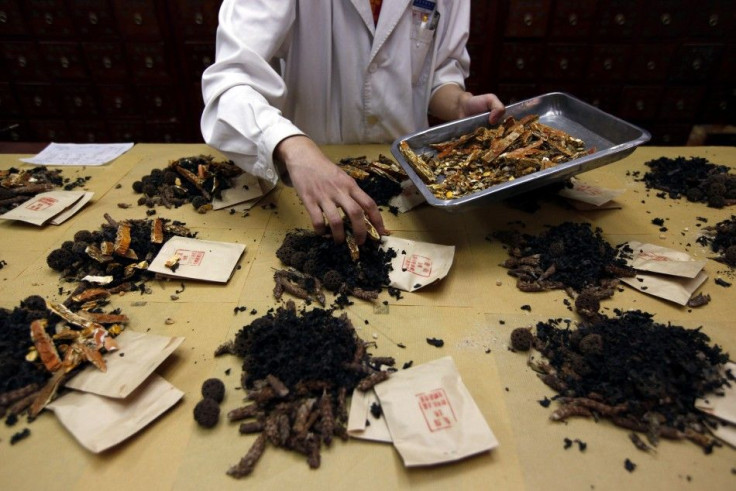These Herbal Medicines Prove Effective In Treating COVID-19 Symptoms, Study Shows
KEY POINTS
- Lagundi and tawa-tawa were able to relieve mild symptoms in patients without comorbidities
- The DOST may launch another trial to determine the effectiveness of herbal treatments in patients with comorbidities
- The DOST allocated P4.9 million to fund the clinical trials
Several herbal medicine and supplement have proven effective in treating mild COVID-19 symptoms, a new study by Filipino researchers found.
In the clinical trial funded by the Philippines' Department of Science and Technology (DOST), researchers from the University of the Philippines Manila found that lagundi tablets were able to relieve mild symptoms in COVID-19 patients without comorbidities.
Lagundi, also known as the five-leaved chaste tree, is commonly used to alleviate coughing, asthma, facilitate the discharge of phlegm and lower fever caused by colds or the flu.
“That’s their conclusion, that it brought symptomatic relief to the mild cases of the disease especially those with no taste and smell,” Rowena Cristina Guevara, DOST undersecretary for research and development, told The Philippine Star in a phone interview.
The two-stage clinical trial, which ended in mid-September, involved 278 patients aged 19 to 55 from seven quarantine facilities in the Philippines with mild cases of COVID-19 without comorbidities.
The UP Manila researchers are expected to launch another clinical trial to determine the effectiveness of herbal medicine in mild and moderate COVID-19 cases among people with comorbidities.
A separate clinical trial sponsored by the DOST also found positive results on using tawa-tawa to treat participants with mild to moderate cases of COVID-19.
"Of the 172 random COVID-19 positive respondents who took two tawa-tawa 1,950mg capsules three times a day for 10 days, their symptoms disappeared within three to five days," Guevarra said, according to GMA Network.
During the trial, participants who received tawa-tawa said their fever, chills, body aches and cough were alleviated. Other trial participants also said they experienced increased appetite and better bowel movements after receiving the herbal medicine.
Tawa-tawa (Euphorbia hirta) is a plant commonly used in folklore medicine in the Philippines to treat dengue fever. It is also used to help patients with asthma and bronchitis breathe normally, as well as soothe eye infections, including pink eye or conjunctivitis, according to Hello Doctor.
The DOST-funded clinical trials began last year and enrolled participants from the quarantine centers of the Philippine National Capital Region Police Office. The DOST has also allocated PHP4.9 million to fund the clinical trials.

© Copyright IBTimes 2025. All rights reserved.






















